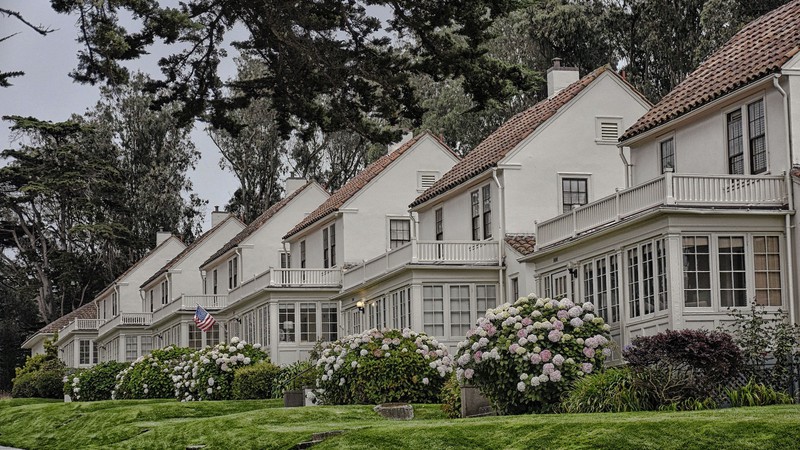
A Senate bill to create zoning laws that promote affordable housing has been met with protest in Santa Cruz. Pete Curcio / Pixabay Simplified Pixabay License
Earlier this month, researchers at the National Bureau of Economic Research (NBER) published a paper showing that restrictive zoning policies have added hundreds of thousands of dollars to the price of homes in major California metropolitan areas, as well as other areas of the country. But in Santa Cruz this week, representatives of several Democratic and progressive groups showed up at state legislators’ local offices to protest a bill that would relax those very zoning restrictions with the aim of easing the state’s affordable housing crisis, according to a report by Jessica A. York of the Santa Cruz Sentinel.
A contingent led by local Democratic organizer Nora Hochman showed up at the local offices of state Senator John Laird and Assemblymember Mark Stone, both Democrats, to register their protest against the bill, saying that it would “take away the right of self-government,” according to the Sentinel report. The activists also said that they were skeptical that the bill would, in fact, lead to increased affordable housing development.
Introduced on Dec. 7, 2020, by San Francisco state Senator Scott Wiener (a Democrat representing parts of the city and San Mateo County), SB 10 would allow local city councils to selectively overrule zoning ordinances in some areas restricted to single-family development. Under the bill, local governments could quickly rezone those areas for apartment buildings with up to 10 units. The bill as currently written—it has been amended multiple times—would allow the zoning changes only in “transit-rich” or “urban infill” areas. A two-thirds vote would be needed to make the rezoning happen.
The law would in some cases let local governments toss out zoning initiatives that had been passed by voters, a provision that former Santa Cruz City Councilmember Ed Porter told the Sentinel was unconstitutional.
The NBER study released in July, however, showed that single-family and other restrictive zoning laws are costing Californians serious money and, most importantly, making it much harder for workers—even those making low-six-figure incomes—to find housing they can afford. The impact on middle- and low-income workers is even more drastic.
The researchers attempted to determine how much less land would cost in areas zoned strictly for single-family development if those restrictive ordinances were not in place. They called the difference between what a parcel of land would cost without the zoning laws and what it actually costs the “zoning tax.” This “tax,” however, is not collected by the government, but by real estate developers.
In San Francisco, the study determined, the “zoning tax” came to $410,000, the highest in the United States. In Los Angeles, the “tax” was $199,000, second highest in the country.
According to U.S. Census Bureau data, the median income in San Francisco County as of 2019 (the latest figures available) was $112,449, less than one third of the increase on land prices caused by restrictive zoning. In the city of Los Angeles, median income is $62,142—again less than one-third of the “zoning tax.”
Read 'Santa Cruz groups speak out against Senate Bill 10' on the Santa Cruz Sentinel.
Short articles summarizing reporting by local news sources with linkbacks to the original content.